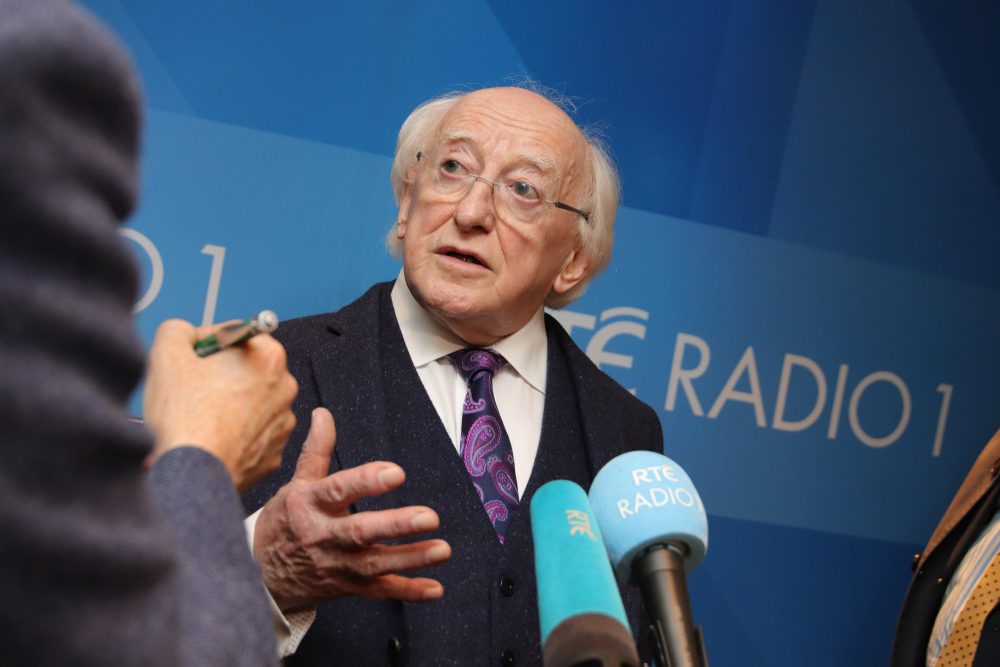The contest to become Ireland’s next president is gathering momentum ahead of the October election, with an mix of politicians, celebrities and newcomers declaring their interest.
Incumbent President Michael D. Higgins’ second and final term ends in November, and the race to succeed him promises to be one of the most diverse and competitive in decades.
The President of Ireland is the head of state, serving in a largely ceremonial capacity. However, they still fulfill a number of key constitutional responsibilities such as signing bills into law, appointing the Taoiseach, ministers, judges and other officials, and representing Ireland abroad.
The president also has the power to refer legislation to the Supreme Court to test its constitutionality, and dissolve the Dáil.
Whilst the execution of these powers is conventionally at the leisure of the incumbent government, the presidency still carries significant symbolic authority as the embodiment of national unity and dignity.
The Process
The president is directly elected every seven years and may serve a maximum of two terms.
While largely a ceremonial role, the office carries significant constitutional powers, including signing laws, appointing the Taoiseach and cabinet, and representing Ireland abroad.
Candidates must secure the backing of either at least 20 current members of the Oireachtas or four local authorities to get their name on the ballot.
Voting is conducted by proportional representation, with the next president due to take office on 11 November.
Who is in the running?
Catherine Connolly – Independent

Independent TD Catherine Connolly, representing Galway West since 2016, is the only formally confirmed candidate to date.
A barrister by training and a long-time advocate on housing and health issues, she has developed a reputation for independence from party structures. Connolly previously served on Galway City Council, including as Mayor.
Her presidential campaign has centred on highlighting social inequality, particularly homelessness, as well as advocating stronger climate action.
She has also argued for reform of the president’s salary and expenses, framing the role as one that should be more closely aligned with ordinary citizens.
Connolly has secured backing from Labour, the Social Democrats, People Before Profit, and several independents, providing her a clear pathway onto the ballot.
Positioning herself as a candidate outside the major party machines, Connolly is seeking to use the presidency as a platform to elevate social issues and to present herself as a unifying figure; “somebody that can draw people together and unite on the basic issues that are important to us.”
However, she recently made headlines for voicing support for a united Ireland, saying in a speech in Belfast, Northern Ireland, that “I have always felt that we have cut off a limb of our body in having Northern Ireland cut off from us.”
The candidate reaffirmed her support for Irish unity, but said she was “very conscious” this would only happen with the consent of the majority of citizens, saying: It’s a building of trust, and it’s a building of a vision for a united Ireland where we value everybody.
“Of course I would like to see it in my term as president, but whether that will happen will be a political decision.
“But I will use my voice in every way possible for that vision to be a reality.”
Heather Humphreys – Fine Gael
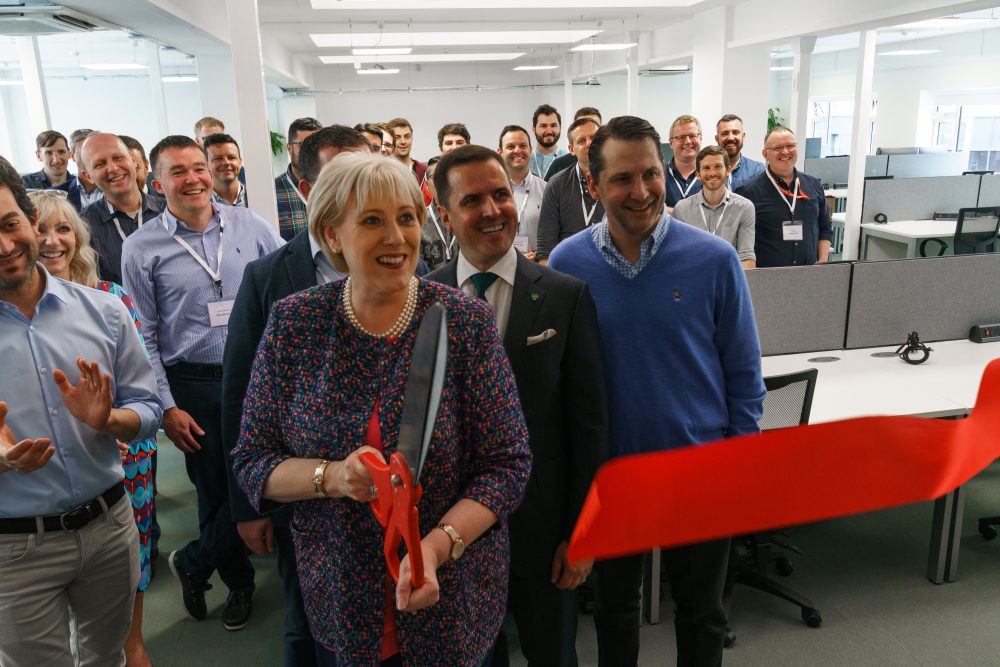
Heather Humphreys, Minister for Social Protection, has been confirmed as Fine Gael’s candidate following Mairead McGuinness’s withdrawal on health grounds. Humphreys secured strong backing from across the parliamentary party, prompting MEP Seán Kelly to withdraw from the race after failing to gather sufficient support.
Her nomination will be ratified at a Fine Gael party event on 13 September which will also formally mark the start of her campaign.
A veteran cabinet member, Humphreys has held senior roles across several departments, including business, arts, and rural affairs, since first entering government in 2014. Representing Cavan-Monaghan until her retirement last year, she has been a consistent voice for rural communities and economic development.
Her long tenure in government positions her as an establishment candidate who could reassure voters seeking continuity and stability.
Humphreys is expected to run on a platform emphasising experience, integrity and community service. She has described herself as “not perfect, but honest” and has sought to frame her candidacy around compassion, sincerity and practical leadership.
Her candidacy signals Fine Gael’s preference for a steady, institutional figure over more high-profile or populist options, positioning her as a serious contender to succeed Higgins.
Jim Gavin – Fianna Fáil
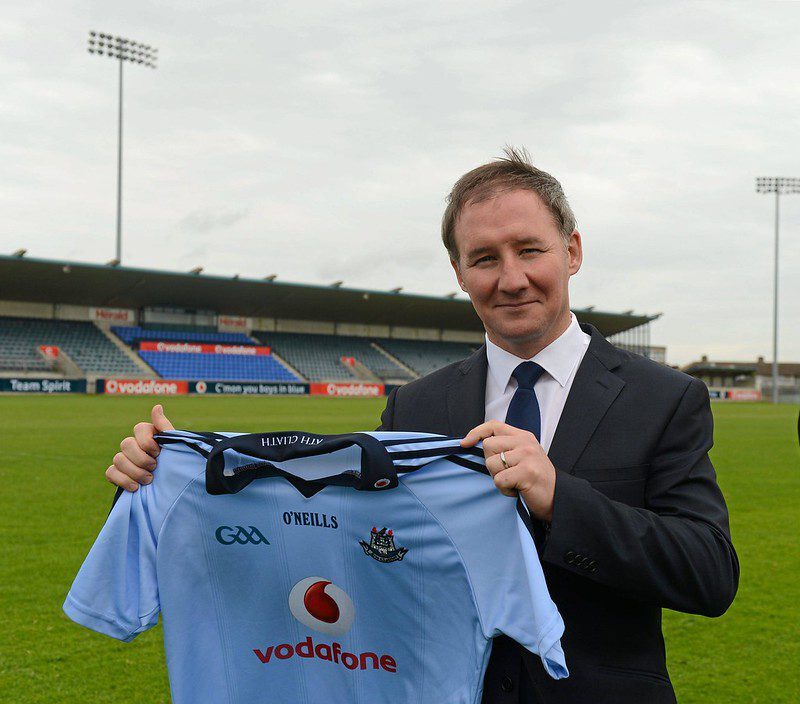
Jim Gavin, best known as the former Dublin GAA football manager, has now won the race for Fianna Fáil’s candidacy, with the backing of several Fianna Fáil TDs, including incumbent taoiseach Micheál Martin. Gavin managed Dublin to a record-breaking series of All-Ireland victories, making him one of the most successful, and popular figures in Irish sport.
Though new to politics, Gavin, through his sporting experience, has aimed to position himself as a disciplined leader with an ability to inspire and manage teams under pressure. His candidacy introduces a strong non-political element into the contest and could broaden Fianna Fáil’s appeal to voters outside its traditional base.
Party insiders suggest Gavin enjoys support from senior Fianna Fáil figures, potentially giving him an advantage over rivals such as Billy Kelleher. His entry raises questions about whether the presidency could be shaped by figures best known outside politics. For Gavin, the campaign is an opportunity to translate sporting leadership into national service.
Celebrity and Independent Bids
Conor McGregor
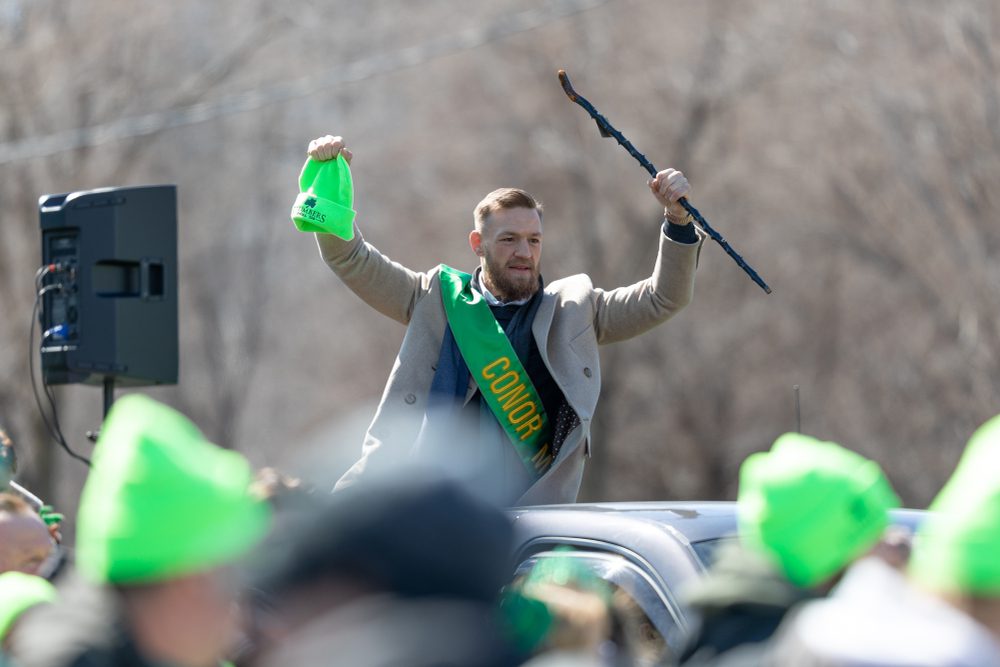
Conor McGregor, the mixed-martial arts fighter and former UFC champion, has claimed to have secured support for a presidential nomination.
His declaration has drawn significant media attention, though constitutional experts have questioned whether his bid is valid.
McGregor has sought to build momentum on social media, framing himself as a populist challenger to the political establishment.
He has on several occasions been accused of xenophobic and inflammatory rhetoric, and has the backing of a number of senior figures on the American right with his invitation to the White House on St Patrick’s Day a perceived tacit endorsement for his ambitions.
His popularity is also likely to be low due to various previous legal cases involving rape, sexual assault and indecent exposure, with McGregor being found guilty of sexual assault at a civil rape trial in 2024.
While McGregor’s name recognition is unparalleled, doubts remain about whether he can successfully meet the nomination rules and how his controversies might play with the electorate.
Gareth Sheridan
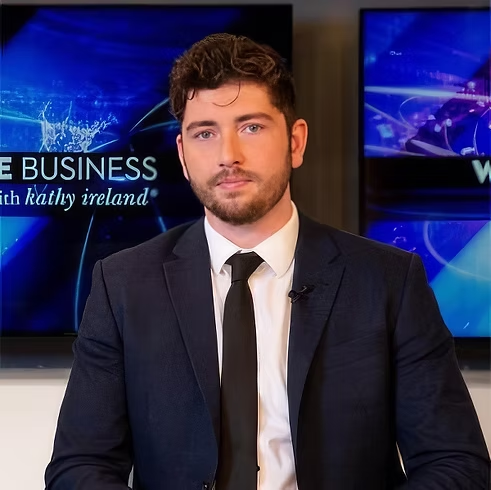
Entrepreneur Gareth Sheridan, 35, has entered the race promising to represent younger voters.
The founder and former chief executive of pharmaceutical company Nutriband has promoted himself as a voice for generational change.
Sheridan is pursuing nominations through local councils and has framed his campaign around innovation, entrepreneurship, and youth representation.
His background in business and technology contrasts with the more traditional political careers of most candidates.
Peter Casey
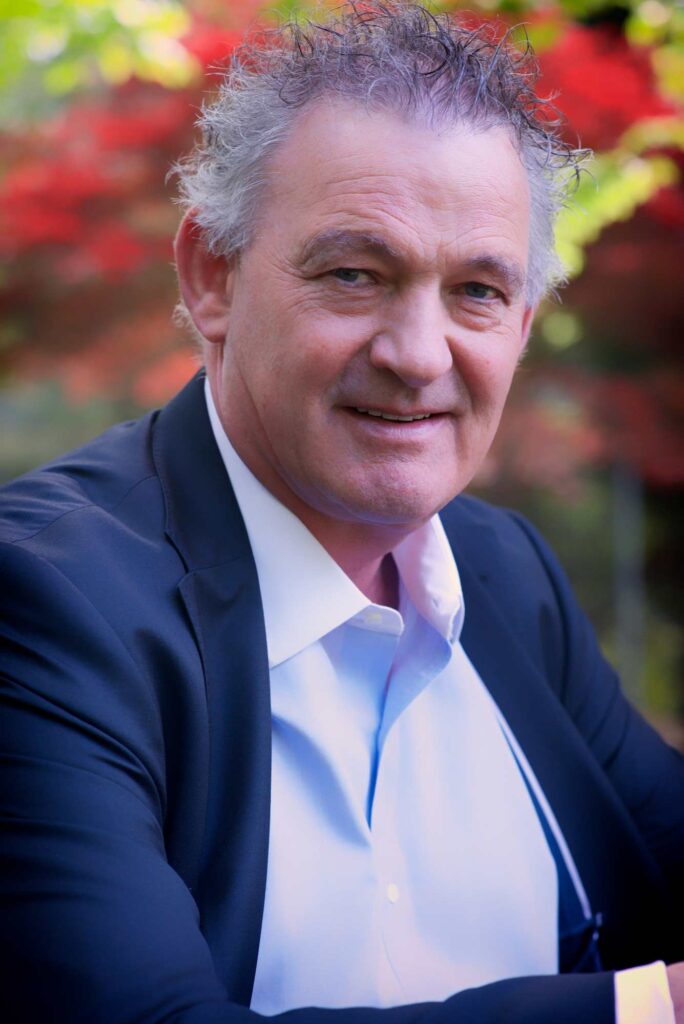
Peter Casey is a businessman, former Dragon from the Irish version of popular TV show Dragon’s Den, and runner-up in the 2018 presidential election. He has confirmed he will seek nominations once again. Casey secured over 20 per cent of the vote in the last contest despite limited party backing.
He is campaigning as a challenger to mainstream politics, presenting himself as a straight-talking alternative to establishment figures with pro-business and soft-eurosceptic credentials.
Casey has pledged to create a more politically active presidency with a greater utilisation of the president’s full constitutional powers. Critics, however, contend that Casey’s style risks polarising the electorate and undermining the symbolic power and role traditionally associated with the presidency.
What’s next in the race to be Irish President
With candidates from three of the main parties now confirmed, much of the field remains fluid. Sinn Féin remains undecided, and the withdrawal of Mary Lou McDonald puts a spanner in the works for the party, with some sources tipping it to support Catherine Connolly’s independent bid.
At the same time, high-profile populist outsiders such as Casey and McGregor are testing the waters, injecting unpredictability into the campaign, but people like Flatley out of the race is hardly surprising, it is still likely to be a political candidate that wins.
The presidential election has traditionally favoured figures who combine dignity with public trust, rather than pure celebrity appeal.
As the field takes shape, the contest will test how Irish voters balance political experience, independence and personality in choosing the country’s next head of state.
Featured image via Damien Storan / Shutterstock.

